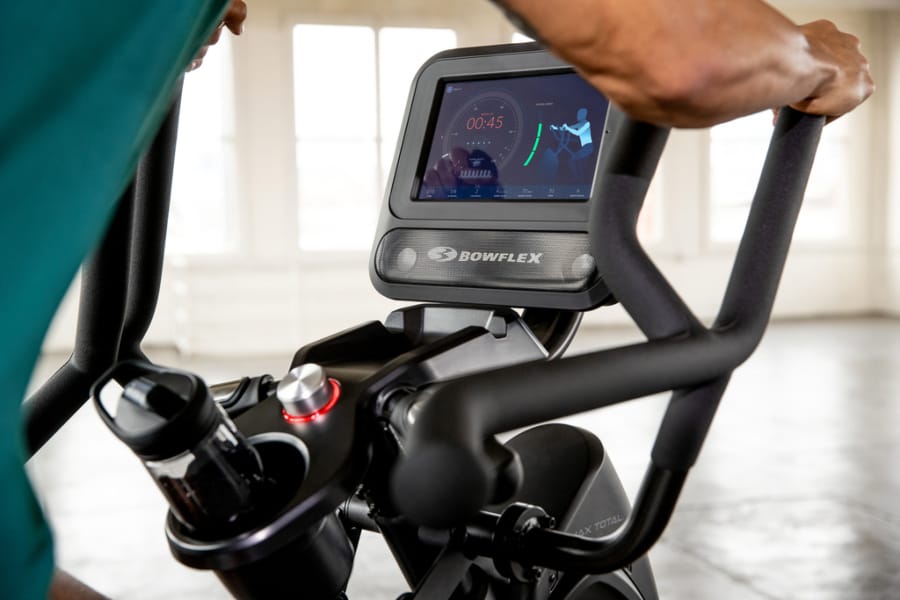Vancouver-based home exercise equipment maker Nautilus released its “2021 Transition Period” results Monday, detailing a second consecutive quarter of record-breaking sales powered by high consumer demand for home workout gear during the COVID-19 pandemic.
The company is in the process of changing its fiscal year to run from April 1 to March 31 rather than aligning with the calendar year. The first three months of 2021, which would have otherwise been reported as the fiscal first quarter, were instead reported as the transition period.
Nautilus’ board of directors approved the switch at the end of last year. The company described the change in a press release as a way make sure that the “primary fitness season” for exercise equipment — defined as October through March — fell entirely within a single fiscal year.
For the three-month period the company reported net sales of $206.1 million, a 119.9 percent year-over-year increase, with a gross profit of $79.1 million and a gross margin of 38.4 percent. EBITDA was $40.4 million compared with $2.3 million in the first quarter of 2020, with a net income of $30.4 million or 93 cents per diluted share.
“This is the first time revenue topped $200 million in our 35-year history,” CEO Jim Barr said in a Monday conference call with investors and analysts. He noted that year-over-year revenue growth came in at 143 percent when excluding the commercial-focused Octane brand, which the company sold in October.
Barr pointed to increased supply chain capacity as another driver of the record sales figure, although he and chief financial officer Aina Konold both said that the company still faced persistent supply chain and shipping logistics challenges stemming from the pandemic.
“These external factors are temporary in nature but are likely to continue for the next few quarters,” Konold said.
Barr also recapped portions of “North Star,” Nautilus’ five-year turnaround plan, at an investor conference in March. A key pillar of the plan is the expansion of Nautilus’ JRNY online fitness platform through the release of new digitally connected products.
“We are transforming Nautilus from a product-led hardware company to a consumer-led digital company,” he said.
The plan sets several ambitious targets for the company to achieve in 2026 including $1 billion in total revenue, 2 million JRNY members and 20 percent of total revenue from digital subscriptions. The plan also sets a more immediate goal of 250,000 JRNY members by the end of 2022.
Digital platform revenue will provide a greater degree of financial stability than in prior years when Nautilus was “an equipment-only company,” Barr said, allowing it to achieve a goal of maintaining annual operating margins of at least 10 percent by 2026.
Barr also reiterated a belief he has expressed on several past quarterly calls that the pandemic not only temporarily boosted home exercise hardware sales but is also prompting a permanent shift in consumer attitudes about home workouts, citing the company’s own research surveys.
“We still see that 25 percent of former gymgoers do not ever plan on going back to the gym,” he said.
The widespread adoption of post-pandemic hybrid remote work policies among major employers will increase the likelihood that consumers will choose to exercise at home on their remote days, he added.
The company’s shares closed at $15.88 Monday on the New York Stock Exchange, down $1.02.




